Over the past few weeks, a number of high-profile streamers and content creators have been dealing with DMCA takedowns on Twitch. Channels that have never had any issues are suddenly receiving copyright strikes, mostly for using copyrighted music.
Many of the strikes are coming for videos that are years old, but the new strikes are putting some streamers at risk of losing their channels if they don’t go back and delete every video with copyrighted content in it.
DMCA takedowns aren’t a new issue—they’ve been a hot button issue on platforms like YouTube and Twitch for many years. But Twitch has stepped up its enforcement over the past few weeks. So what is a DMCA claim and how can it be avoided?
What is the DMCA?
The Digital Millennium Copyright Act (DMCA) is a U.S. law that was passed in 1998. The law addressed a number of concerns regarding copyright and the internet, but it primarily focused on two issues. Firstly, the law extended the reach of copyright regulations to the internet, bringing the U.S. rules in line with the 1996 WIPO Copyright Treaty. Secondly, the law granted safe harbor for online platforms, limiting their liability for any copyright infringement that might occur on their platform by users.
By exempting internet service providers and platforms like YouTube and Twitch from responsibility for their user’s copyright infringement, the law opened up user-generated content sites to freely grow without having to worry too much about getting sued for hosting content that violated copyright law.
For an online service provider to qualify for this safe harbor, they must adhere to strict rules and guidelines regarding their copyright enforcement. They’re required to block access to content that features copyright violations if they receive a claim from the holder of the copyright or their agent. This is where DMCA takedown notices come in.
Holders of copyrights can issue a takedown notice on platforms like YouTube, Twitch, Twitter, Reddit, or any other site that relies on user-generated content. For these sites to keep their safe harbor privileges, they must investigate and comply with the takedown notice if it’s determined that the content that was flagged violated the copyright provisions. Often, to be safe, they’ll disable the content or its monetization until the dispute is resolved.
What is a violation of the DMCA?
In short, using someone else’s copyrighted material is a copyright violation if you don’t have permission to use the content and the content isn’t covered by the doctrine of Fair Use.
Fair Use is a legal doctrine and defense that’s commonly used in copyright abuse cases. The Fair Use doctrine says a person is allowed to use copyrighted material without permission if the material meets a particular set of criteria. Despite popular belief, Fair Use isn’t a part of the law. Instead, it’s a defense used when someone is accused of copyright violations.
When a court is seeking to determine if a work falls under Fair Use, they’ll consider four different factors:
- The court will look at the purpose and character of the use, including if it’s commercial work or not.
- The court will consider the nature of the copyrighted work and if the new work transforms that nature.
- The court will look at the amount of the copyrighted work that’s included in the new work.
- The court will consider the potential damage to the value of the original work caused by the creation of the new work.
Fair Use rarely comes into play when a DMCA claim is made. The doctrine is used by the courts. When you make an appeal to an online service provider, they may consider these factors and restore your content. But it often makes more sense for them to just hand out the strike if there’s any doubt whatsoever. Online platforms will comply even with shady DMCA claims because they don’t want to lose their safe harbor. This can lead to DMCA abuse, but that’s a better situation for Twitch than losing their safe harbor status.
If you’re using copyrighted material without permission, it should only be for the purpose of parody, critique, or education. Otherwise, you’re likely in violation of copyright law. Even if you do use the material fairly, it can still be taken down.
How to avoid DMCA claims
If you want to avoid DMCA claims, the best strategy is to never play or use any material that isn’t owned or licensed by you. If you’re making a video with music in the background, you should license that music. If you’re using stock footage, you should buy it or use something that’s explicitly marked for reuse. If you show a photo, you need to pay the license fee. Even if something is marked creative commons, you can still get docked for it if you fail to properly credit the creator.
If you do violate copyright law, you’re lucky if they only take down your video and issue a strike. Companies can and have taken creators to court over copyright violations. Professional practices dictate that you should never violate the law while making commercial content—it usually doesn’t work out for those who do.
Many Twitch streamers and content creators play copyrighted music in the background of their content. This is a terrible idea. Companies can legally take down your video, claim monetization of your content, or even have your channel shut down. It’s a huge liability issue to play music you haven’t licensed. Even if you’re a smaller streamer, you’re still likely to get caught because most of the searching is done with an algorithm. These algorithms automate the process for companies to find and take down content that violates their intellectual property rights. Don’t play with fire or you’ll get burned.
None of this is to say that there isn’t DMCA abuse. Many companies, especially music licensing companies, issue false DMCA claims that are a headache for creators who make criticism and parody content. These channels face a number of unique hurdles while dealing with automated systems that aren’t smart enough to tell the difference between critiquing and stealing. For most channels, though, illegal use of copyrighted music seems to be the biggest issue.
Over the past couple of years, we’ve seen a huge increase in DMCA enforcement from both companies and online service providers. The best way to protect your channel is to carefully comply with all copyright regulations.


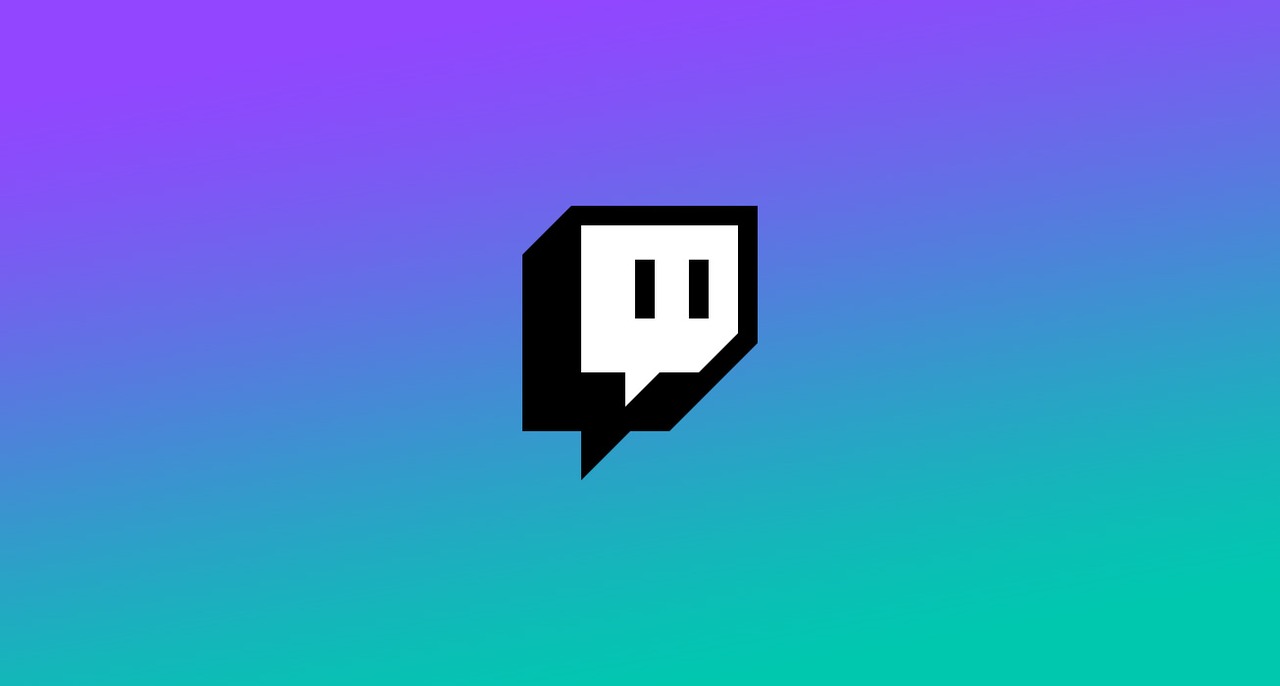
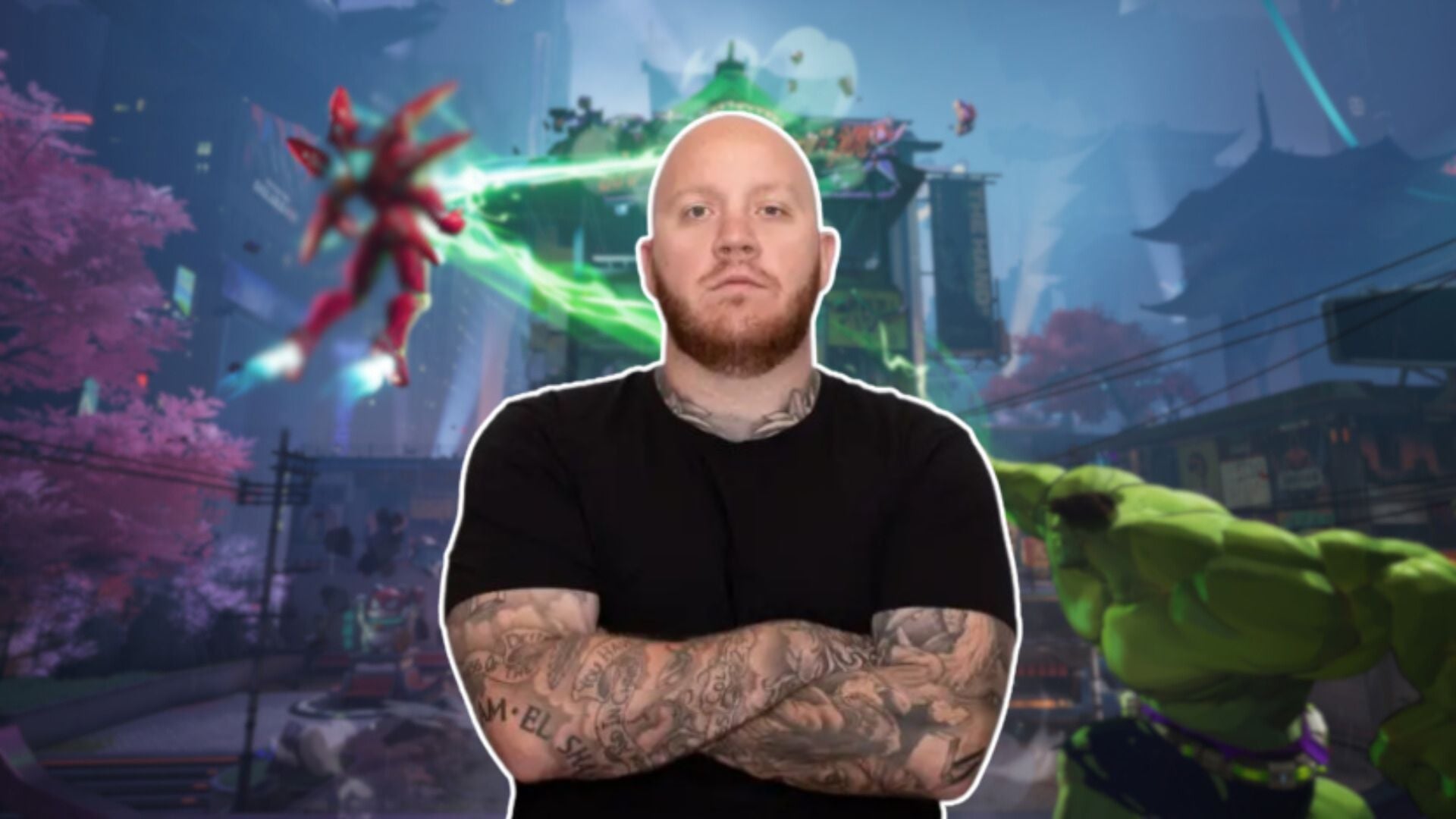
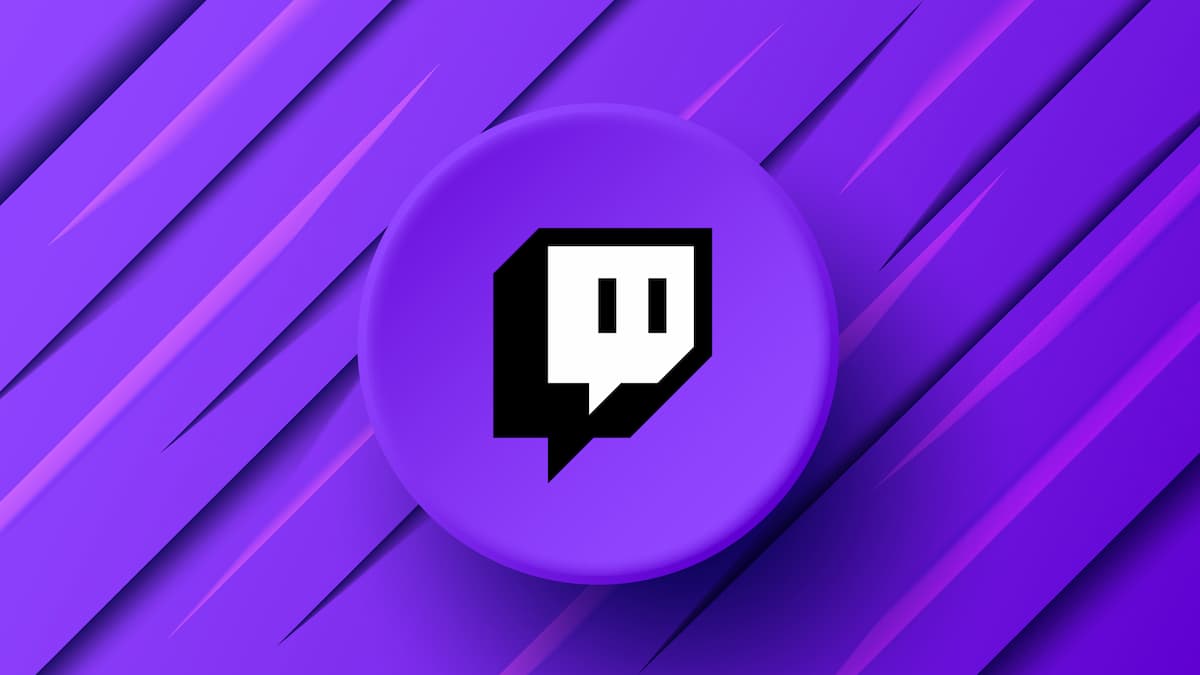
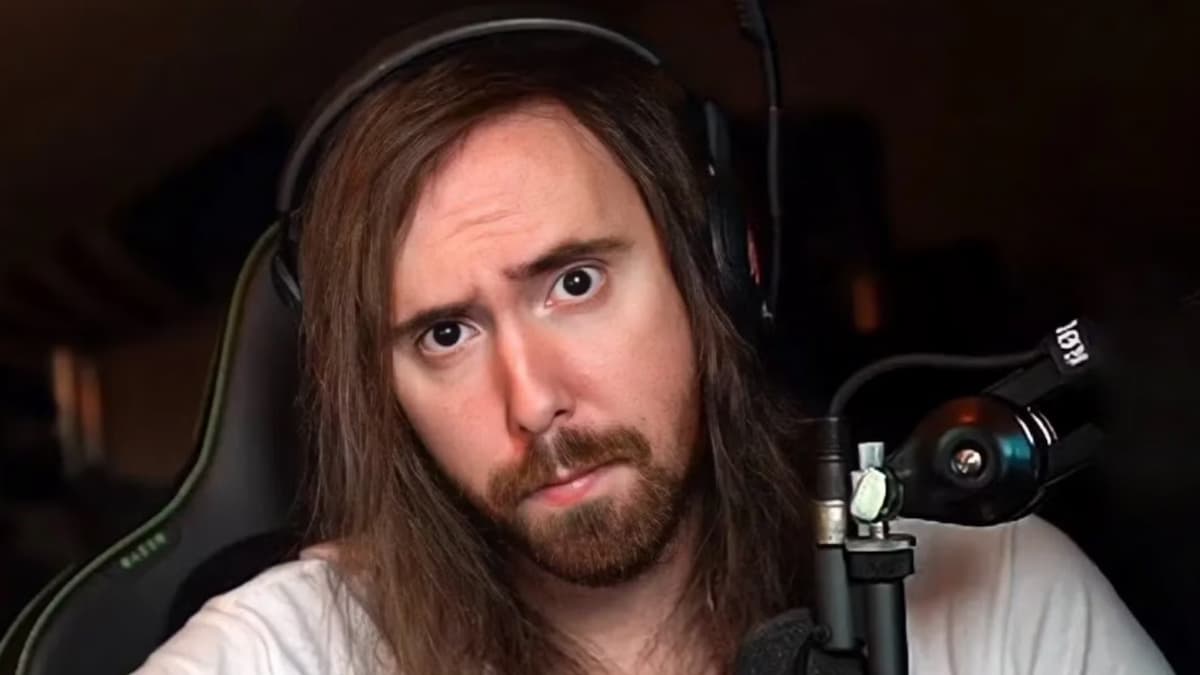
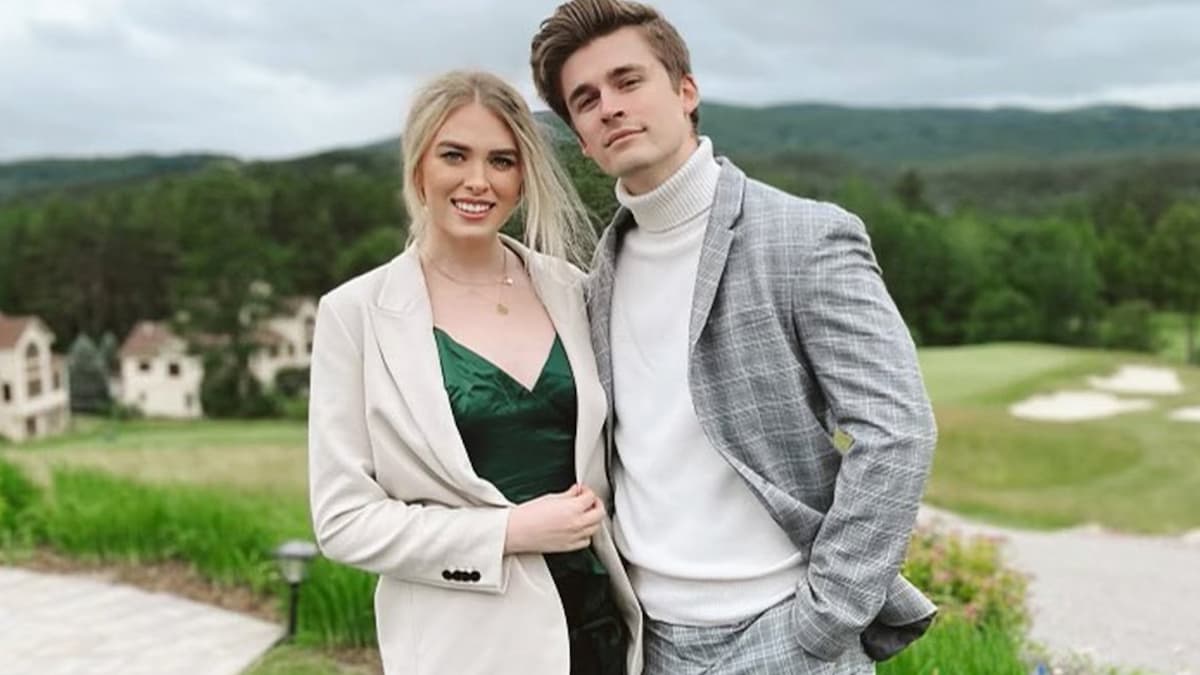
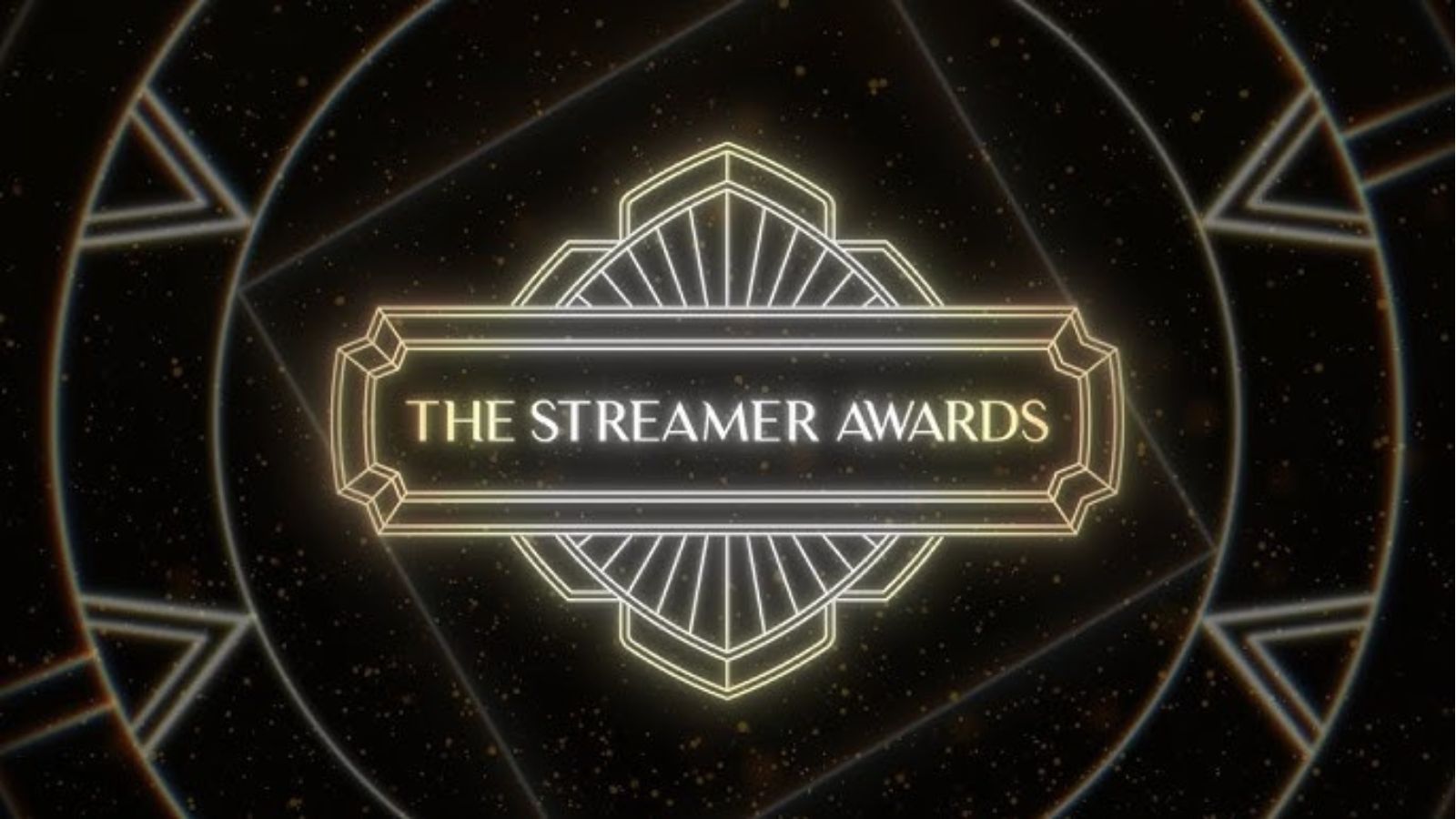
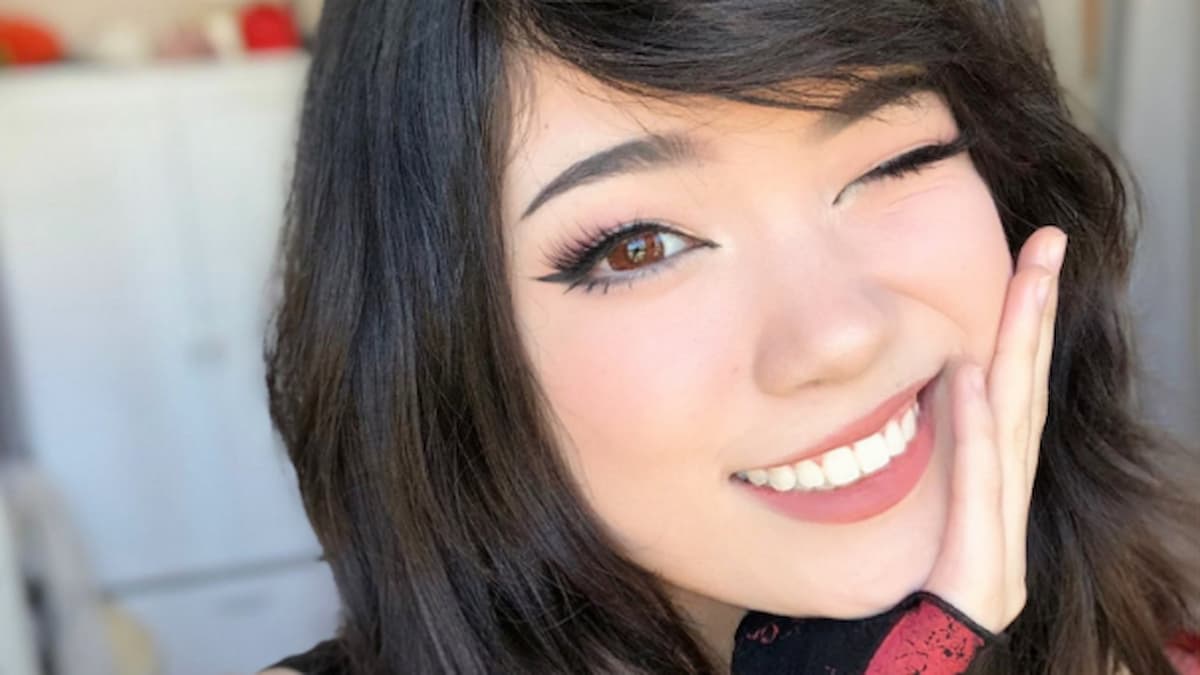
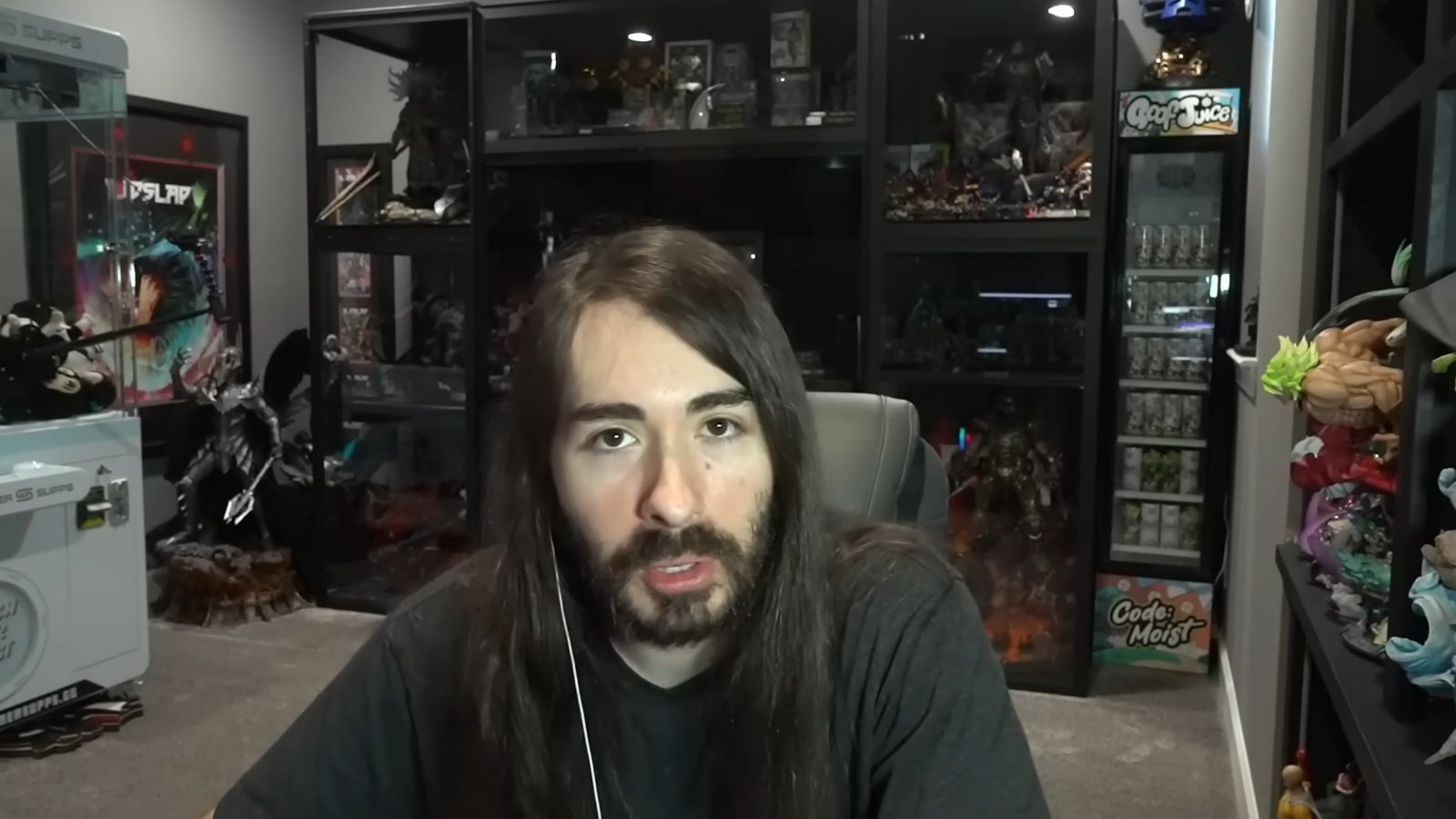
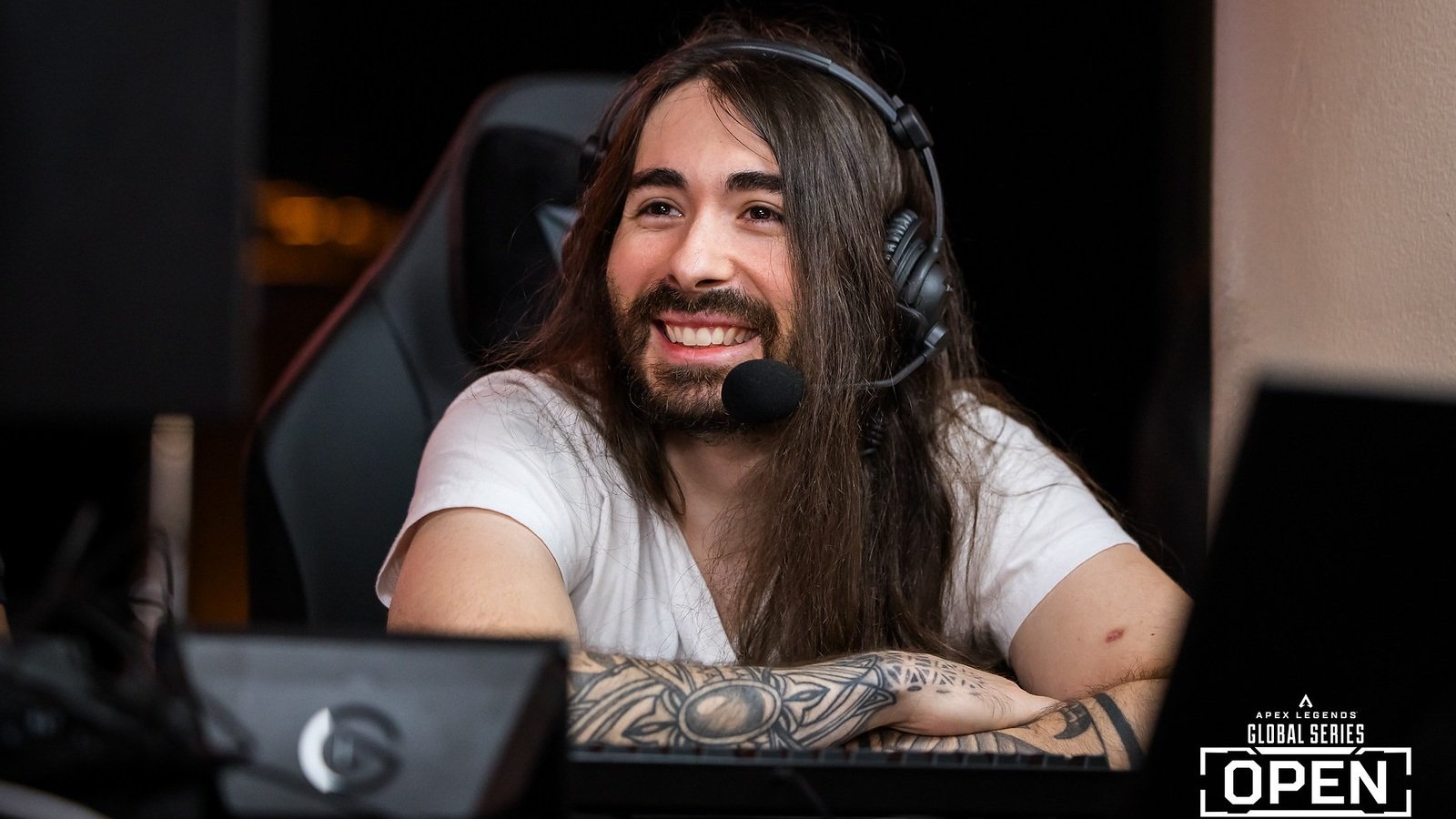

Published: Jun 16, 2020 04:29 pm